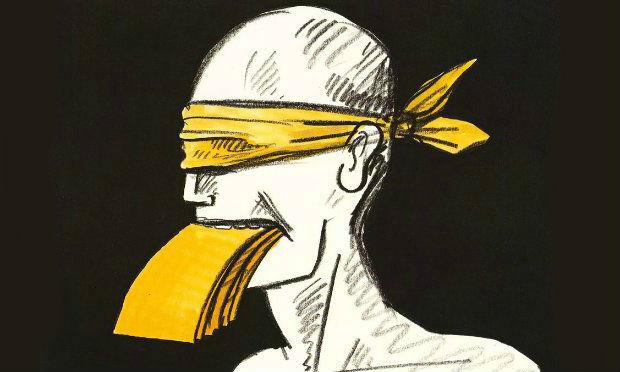A Brief Note on Freedom of Press
A Brief Note on Freedom of Press
– Mehnaz Mansoori, 5th Year
Rani Durgavati Vishwavidyala, Jabalpur, MP
The ability of journalists to report freely on matters of public interest is a crucial indicator of democracy. The press provides the platform for a multiplicity of voices to be heard. A free press informs citizens of their leaders’ successes or failures, convey the people’s needs and desires to government bodies, and provide a platform for the open exchange of information and ideas. Therefore, journalists, in their day to day life, are simply exercising every citizen’s right to free speech.
A free press monitors the administration and forces them to work for the betterment of the country. Sometimes certain newspapers indulge in “Yellow Journalism.” They give out biased and coloured news. Their aim is simply to indulge in sensationalism. Sometimes they also spread rumours. These activities are against journalistic ethics. As Freedom of press is not specifically mentioned in article 19(1) (a) of the Constitution and what is mentioned there is only freedom of speech and expression, the framers of the Indian constitution considered freedom of the press as an essential part of the freedom of speech and expression.
So It is clear that the right to freedom of speech and expression carries with it the right to publish and circulate one’s ideas and opinions Freedom of the press in India is subject to certain restrictions, such as defamation law, barriers to information access and constraints caused by public and government hostility to journalists. Over the years, India’s Supreme Court has repeatedly ruled to narrow the scope of the anti-sedition law to ensure it isn’t used to limit media freedom. Already in the landmark 1962 Kedar Nath Singh judgment, the Supreme Court stated that mere criticism of the government was not seditious unless it incited violence or disturbed public order. The freedom of Press has to be protected no doubt but at the same time, the freedom of individual even in the press also to be protected, preserved an any attempt to encroach the freedom of individual has to be prevented.
The media needs to realize its boundaries. There is a duty on the media to respect the dignity of individuals by acknowledging the privacy of others.Right to Privacy has a strong legal basis. It is our fundamental, inherent and inalienable right.
The press has a huge responsibility on their shoulders. They need to be vigilant and honest. Media has a powerful role to play. The information they distribute helps in shaping the views of the public. This is why we need responsible journalism to refrain the media from reporting false facts which may harm the harmony and peace of a country.
While the press should enjoy freedom to perform its role effectively, it should not treat such freedom as a licence to defame anybody. It should not publish any views or support any movement which violates our Constitution or is against the territorial integrity and unity of the country. It should always act like an impartial judge and should criticise the Government for its acts of omission and commission and pat its back for any worthwhile achievement.










